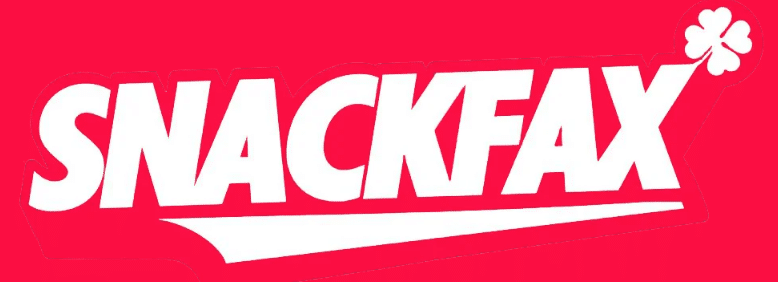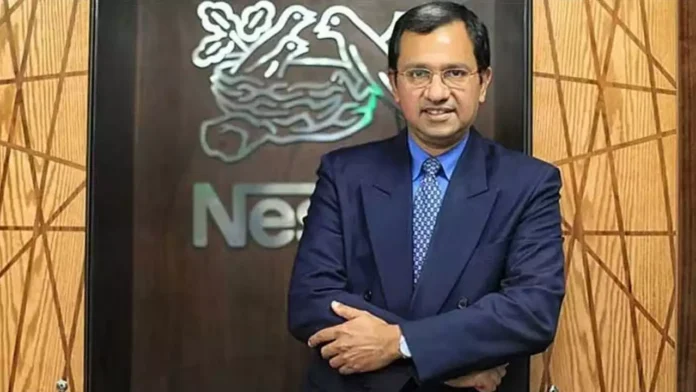On Monday, Suresh Narayanan, Chairman & Managing Director of Nestle India, emphasized that the formulation of the company’s infant food for children under 18 months is consistent globally. He dismissed the allegation of racial stereotyping as “unfortunate” and false. Speaking to reporters, he clarified that the sugar content in infant foods is tailored to meet the nutritional needs of specific age groups universally.
“There is nothing in this item that renders it a product that is possibly of any risk or any sort of harm to the child,” he explained.
Regarding Nestle’s standpoint, he mentioned that the majority of sugars in the product are natural sugars.
According to the Food Safety & Standards Authority of India (FSSAI), the permitted level of added sugar is 13.6 grams per 100 grams of feed.
Continue Exploring: Nestle faces regulatory heat as FSSAI launches probe into Cerelac sugar controversy
Narayanan asserted that Nestle is 7.1 grams, significantly falling below the established standards and maximum limits.
Earlier this month, the Swiss FMCG giant Nestle faced allegations of selling products with higher sugar content in less developed nations.
According to research conducted by the Swiss NGO Public Eye and the International Baby Food Action Network (IBFAN), Nestle marketed baby products with high sugar levels in less developed South Asian countries like India, as well as in African and Latin American nations, compared to its European markets.
In response to the accusations, Narayanan stated that all formulations for child food under 18 months are developed on a global scale.
“There’s no regional approach to conducting nutritional adequacy studies… Recipes are developed globally to meet the needs of growing children who require energy-dense products. Thus, there’s no differentiation between a child in Europe, India, or anywhere else in the world,” Narayanan explained. He added that Cerelac fully complies with Codex requirements.
He added that how this formulation is adapted into a local product depends on various factors such as local regulatory requirements, the availability of raw materials, and maternal feeding habits.
“I want to emphasize that both added-sugar and no-added-sugar products are available in both Europe and Asia. So, the regrettable claim of racial stereotyping is unfounded and untrue,” he stated.
Clarifying the reasoning behind the inclusion of added sugar in Nestle’s baby food in India, Narayanan mentioned that ensuring adherence to the “nutritional profile” might necessitate variations, including different ingredients.
“The reason we’ve included this in India is because there’s a demand for it, but at levels significantly lower than even those specified by the local regulator. It’s essential to trust that the local regulator is aware of what we’re incorporating. Therefore, it’s not a significant departure from the norm,” he explained.
So, he emphasized, “We acknowledge that added sugar is present, and its content is clearly stated on our packaging. Over the last five years, there has been a 30 percent reduction, and we are committed to further reducing it to the absolute minimum.”
Continue Exploring: Nestle India responds to sugar concerns in baby food, highlights 30% reduction in added sugars over 5 years
Additionally, Narayanan stated, “Our priority is to create a product for Indian infants that aligns with global standards. This objective is achieved by using ingredients at safe levels.”
He acknowledged that the food regulator FSSAI has requested information on the sugar content in Cerelac from Nestle India through a “set of questions.”
The Codex is a set of globally accepted norms, rules, codes of conduct, and other recommendations about food, food production, food labelling, and food safety that were released by the Food and Agriculture Organisation of the United Nations. The Codex committee includes India as well.
A recent study by IMARC Group reveals that the Indian market for baby food and infant formula surged to USD 5.4 billion in 2022. Projections indicate it’s poised to escalate further, reaching USD 8.1 billion by 2028, boasting a compound annual growth rate (CAGR) of 5.7% between 2023 and 2028.
In India’s rapidly expanding baby food sector, Nestle competes with Danone, Abbott, Gujarat Cooperative Milk Marketing Federation, Raptakos Brett, and several other contenders.
Continue Exploring: Nestle shareholders reject proposal to reduce sales of ‘unhealthy’ products


